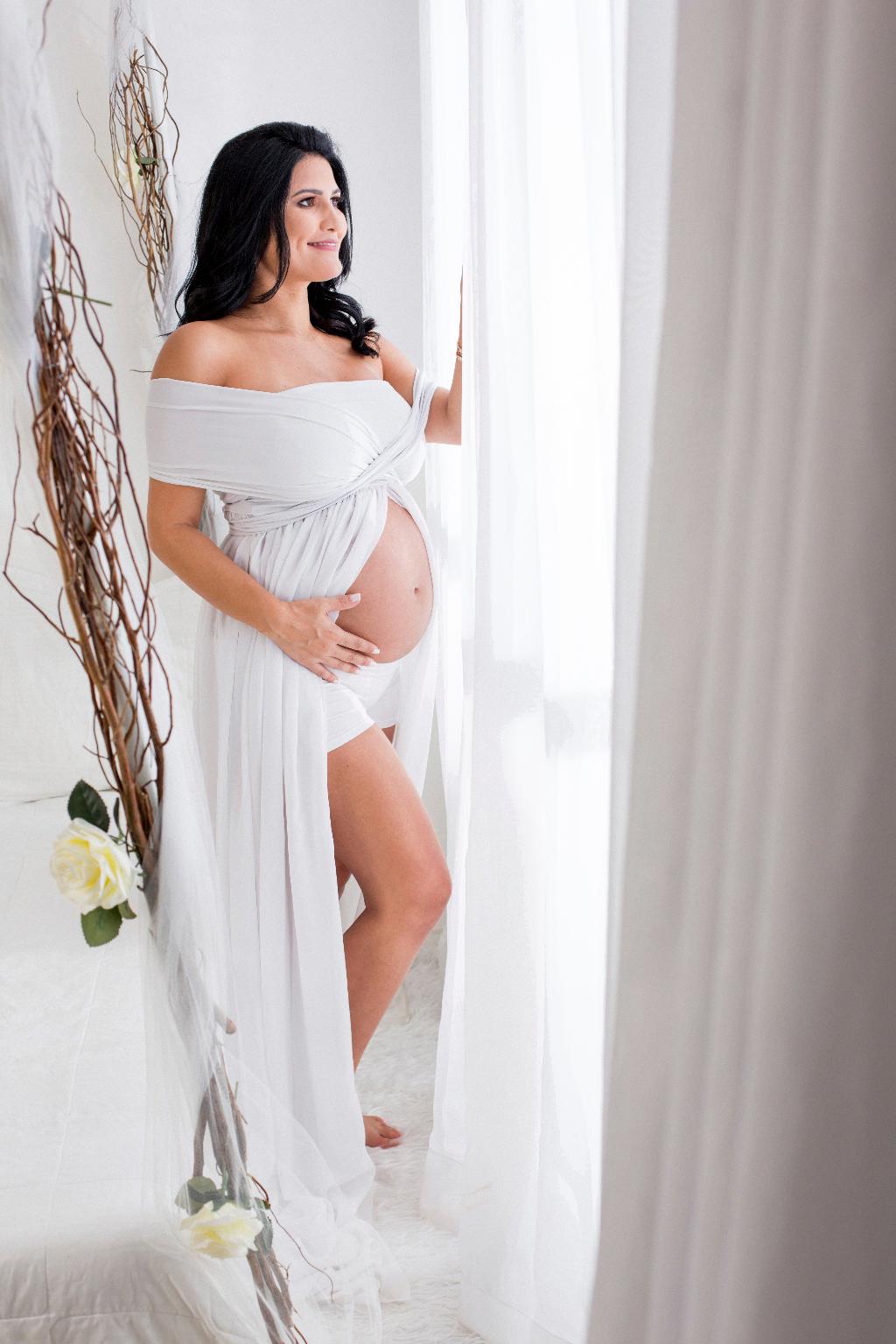When it comes to running during pregnancy, there is no one-size-fits-all answer to the question of when you should stop. It’s essential to listen to your body and make adjustments as needed as your pregnancy progresses.
Many women find that running feels comfortable during the first trimester, as their bodies are still adapting to the changes. However, as you enter the second and third trimesters, you may need to modify your running routine to accommodate your changing body and energy levels.
During the later stages of pregnancy, factors such as increased weight, changes in balance, and hormone levels can impact how you feel while running. It’s crucial to pay attention to these signs and adjust your running routine accordingly.
Some pregnant individuals may find that running becomes uncomfortable or challenging earlier in their pregnancy, while others may be able to continue running well into the third trimester. Ultimately, the decision of when to stop running during pregnancy is a personal one.
If you experience any pain, discomfort, shortness of breath, dizziness, or contractions while running, it’s essential to stop and consult with your healthcare provider. These could be signs that your body needs a break from high-impact exercise.
As your pregnancy progresses, you may find that activities like walking, swimming, or prenatal yoga provide a more comfortable and safe alternative to running. These low-impact exercises can help you stay active while reducing the strain on your body.
It’s also important to consider the terrain and conditions in which you’re running. As your body changes during pregnancy, you may need to avoid uneven surfaces, extreme temperatures, or high altitudes that could increase the risk of injury or discomfort.
Remember to stay hydrated and nourished before, during, and after your runs to support your body and baby’s needs. Eating a balanced diet and getting enough rest are essential for maintaining your energy levels and overall well-being during pregnancy.
Consulting with a prenatal fitness specialist or healthcare provider can provide you with personalized guidance on when to adjust or stop running based on your individual circumstances and health status. They can help you create a safe and effective exercise plan that supports both you and your baby’s well-being.
Ultimately, the decision to stop running during pregnancy should prioritize your health and comfort. Listen to your body, make modifications as needed, and choose alternative activities that support your well-being while staying active and fit throughout your pregnancy.
By staying attuned to your body’s needs and seeking professional guidance when necessary, you can make informed decisions about when to stop running during pregnancy and transition to other forms of exercise that keep you and your baby healthy and happy.

